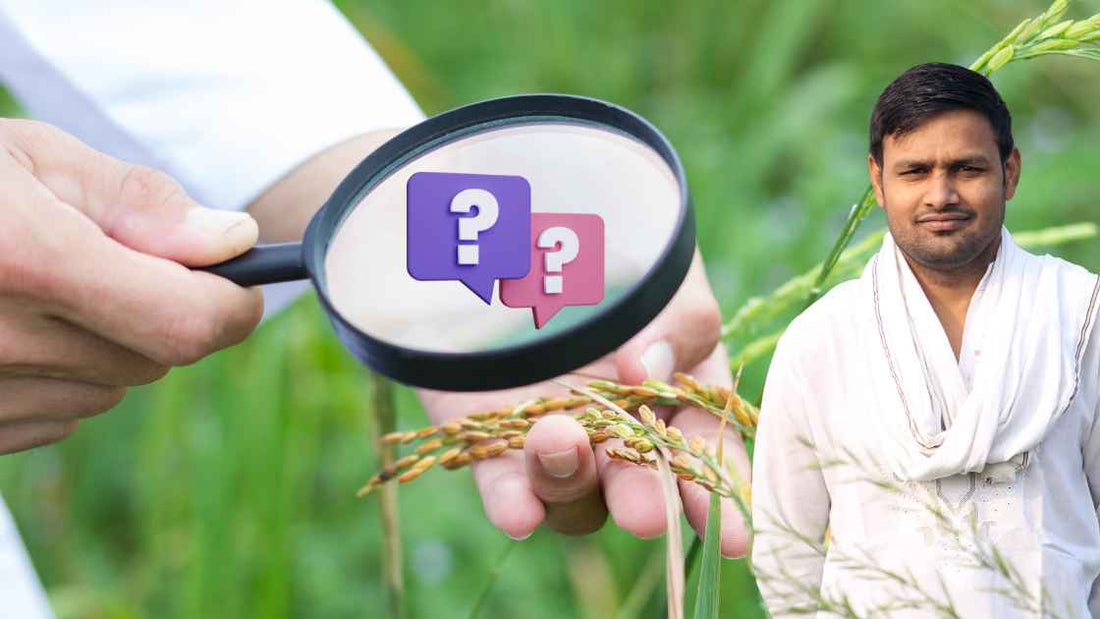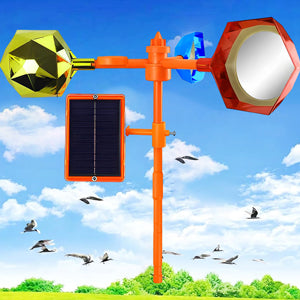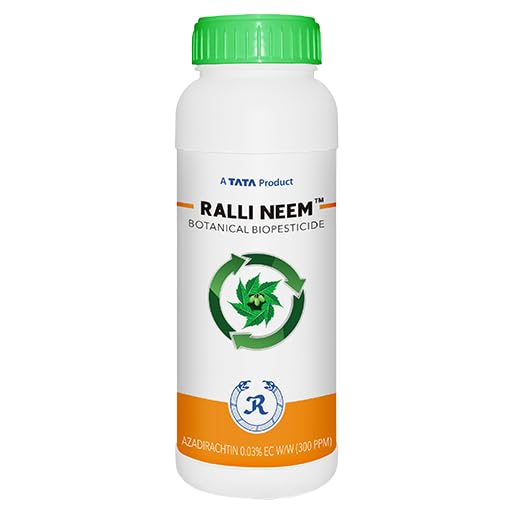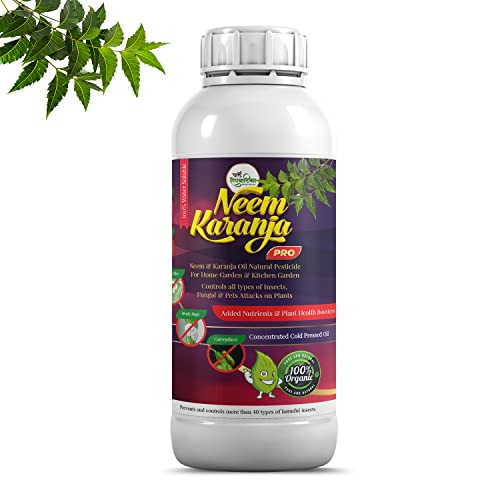
Answer to all your questions on plant diseases!
Share
This is a collection of answers to frequently asked questions by farmers in context of crop diseases. If you don't find answer to questions in your mind, please ask in comment section
Q: What are the common symptoms of plant diseases?
A: The symptoms of plant diseases can vary depending on the type of disease, but common symptoms include wilting, yellowing or browning of leaves, spots or lesions on leaves, stems, or fruits, stunted growth, abnormal growth or shape, and reduced yield.
Q: How do I differentiate between a plant disease and nutrient deficiency?
A: Nutrient deficiencies can cause similar symptoms as plant diseases, but typically affect the entire plant or multiple plants in an area, whereas diseases tend to affect individual plants or parts of plants. A soil test can help determine if there is a nutrient deficiency, while a plant tissue test or examination of the affected area can help determine if it is a disease.
Q: What are some common causes of plant diseases?
A: Plant diseases can be caused by bacteria, fungi, viruses, nematodes, and other pathogens, as well as environmental factors such as temperature, humidity, soil moisture, and sunlight.
Q: Can plant diseases spread from plant to plant?
A: Yes, plant diseases can spread from plant to plant through contact with infected plants or soil, insects, wind, and water.
Q: What should I do if I suspect a plant disease?
A: If you suspect a plant disease, isolate the affected plant to prevent the disease from spreading, and take steps to identify the problem such as examining the plant for symptoms, testing the soil or plant tissue, or consulting a professional. Once the disease has been identified, take appropriate action to treat or prevent further damage.
Q: How can I prevent plant diseases?
A: You can prevent plant diseases by practicing good cultural practices such as proper watering, fertilization, and pruning, using disease-resistant plant varieties, rotating crops, avoiding overcrowding of plants, and maintaining good soil health.
Q: Can plant diseases affect human health?
A: While most plant diseases do not affect human health, some plant diseases such as those caused by fungi in the Aspergillus and Fusarium genera can produce toxins that are harmful to humans and animals if ingested. Some plant viruses can also infect humans, such as the tomato mosaic virus, which can cause mild symptoms in humans who consume infected tomatoes.
Q: Can plant diseases be transmitted through seeds?
A: Yes, plant diseases can be transmitted through seeds. Some plant diseases, such as those caused by viruses or bacteria, can be seed-borne and infect the next generation of plants if infected seeds are planted. Seed-borne diseases can be prevented through seed treatments, such as disinfection or hot water treatments, or by using disease-free seeds.
Q: What is plant pathology?
A: Plant pathology is the scientific study of plant diseases and their causes, including the biology and ecology of plant pathogens, methods for disease diagnosis and management, and the impact of plant diseases on agriculture, forestry, and natural ecosystems.
Q: What is integrated pest management (IPM)?
A: Integrated pest management (IPM) is an approach to pest and disease management that integrates multiple methods to control pests and diseases, such as cultural, biological, and chemical methods, in a way that is sustainable and minimizes harm to the environment. IPM also emphasizes monitoring and prevention as key components of pest and disease management.
Q: Can plant diseases affect human health?
A: While most plant diseases do not affect human health, some plant diseases such as those caused by fungi in the Aspergillus and Fusarium genera can produce toxins that are harmful to humans and animals if ingested. Some plant viruses can also infect humans, such as the tomato mosaic virus, which can cause mild symptoms in humans who consume infected tomatoes.
Q: How can I treat a plant disease?
A: Treatment for plant diseases depends on the type of disease and can include cultural practices such as pruning or removing infected plant parts, application of fungicides or pesticides, and use of biological control agents such as beneficial insects or microorganisms. Preventative measures such as crop rotation, use of resistant plant varieties, and good soil management can also help prevent plant diseases.
Q: Can plant diseases be transmitted through seeds?
A: Yes, plant diseases can be transmitted through seeds. Some plant diseases, such as those caused by viruses or bacteria, can be seed-borne and infect the next generation of plants if infected seeds are planted. Seed-borne diseases can be prevented through seed treatments, such as disinfection or hot water treatments, or by using disease-free seeds.
Q: What is plant pathology?
A: Plant pathology is the scientific study of plant diseases and their causes, including the biology and ecology of plant pathogens, methods for disease diagnosis and management, and the impact of plant diseases on agriculture, forestry, and natural ecosystems.
Q: Can plant diseases affect the environment?
A: Yes, plant diseases can have significant impacts on the environment. For example, diseases can cause reduced crop yields, leading to food shortages and economic losses. Some diseases can also affect the health of natural ecosystems, such as forest or wetland ecosystems, by killing off important plant species or disrupting ecosystem processes.


















